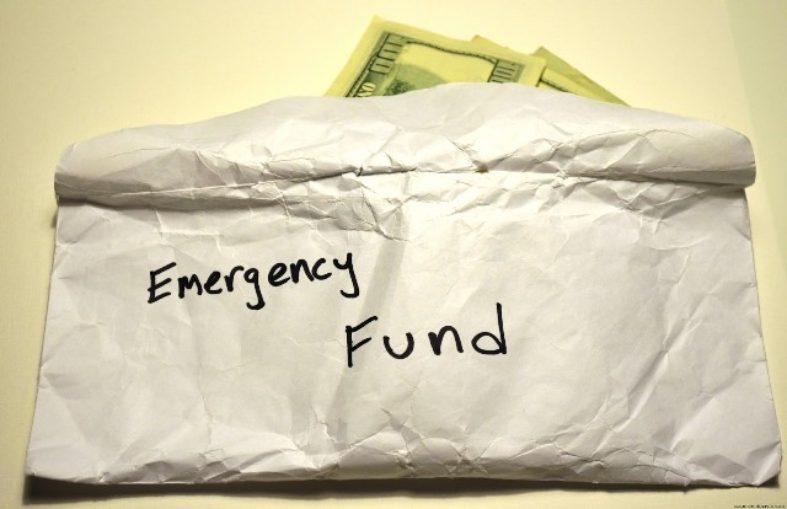Unexpected expenses are inevitable – that’s one of life’s certainties. A medical emergency, major car or house repairs, or job loss can happen at any time. Do you have money saved for the little surprises life has hidden around the next corner?
Here are some benefits of having an emergency fund and suggestions on setting up one.
Emergency savings benefits
Avoid debt – Without emergency savings set aside, taking out a personal loan is one of the options you will have to consider. Be sure to check around for details on loan options, however, before settling on any one.
Reduce your monthly budget – Having a financial safety net can actually decrease your monthly expenses. For example, you are more likely to purchase car or health insurance with a high deductible and lower monthly premiums if you know there’s money saved up to cover some of the bills.
Enjoy peace of mind – Having money tucked away for surprise expenses lessens the stress of anticipating (and dreading) them. Furthermore, desperately scrambling to cover emergency bills once they strike adds to the stress of dealing with whatever situation caused the expense.
Where to set up an emergency fund
A savings account that’s separate from your regular accounts is a good place for your emergency fund. The separation helps to remove the temptation of drawing on your emergency savings before you need to.
Experts suggest avoiding the stock market with your rainy day money – its unpredictability might mean you don’t have as much money as you thought when an emergency arises. An online bank account is a smart option since these tend to give better interest rates.
Starting an emergency fund
Start small – Working with an already tight budget, makes it hard to see where the money to set up your emergency savings could come from. One key piece of advice is to start small, even if it amounts to just a few dollars per day. By making the amount manageable, you increase the likelihood that you will stick to it.
Trim non-essentials – If you spend money on soda, sugary snacks and salty foods, then cutting back on those could free up some money. Plus, you’ll feel proud about doing something healthy for your body.
“Brown bagging” your lunch to work two or three days each week is another easy way to build up the deposit to your emergency fund. Similarly, cutting back on how often you eat out and focusing on preparing more meals at home will free up some cash for your emergency savings.
Set an attainable target – Ideally, your emergency fund should have the equivalent of six month’s salary. If that’s a daunting task, then aim for the bear minimum you could get by on for a month. When you get to that amount, increase your target and keep going.
Starting and maintaining and emergency fund might seem like a tough ask, especially if you are already struggling to make ends meet. The best approach is to begin small and persist with it. You might be pleasantly surprised at the amount you’ve amassed by the next time life decides to hit you with the unexpected.



